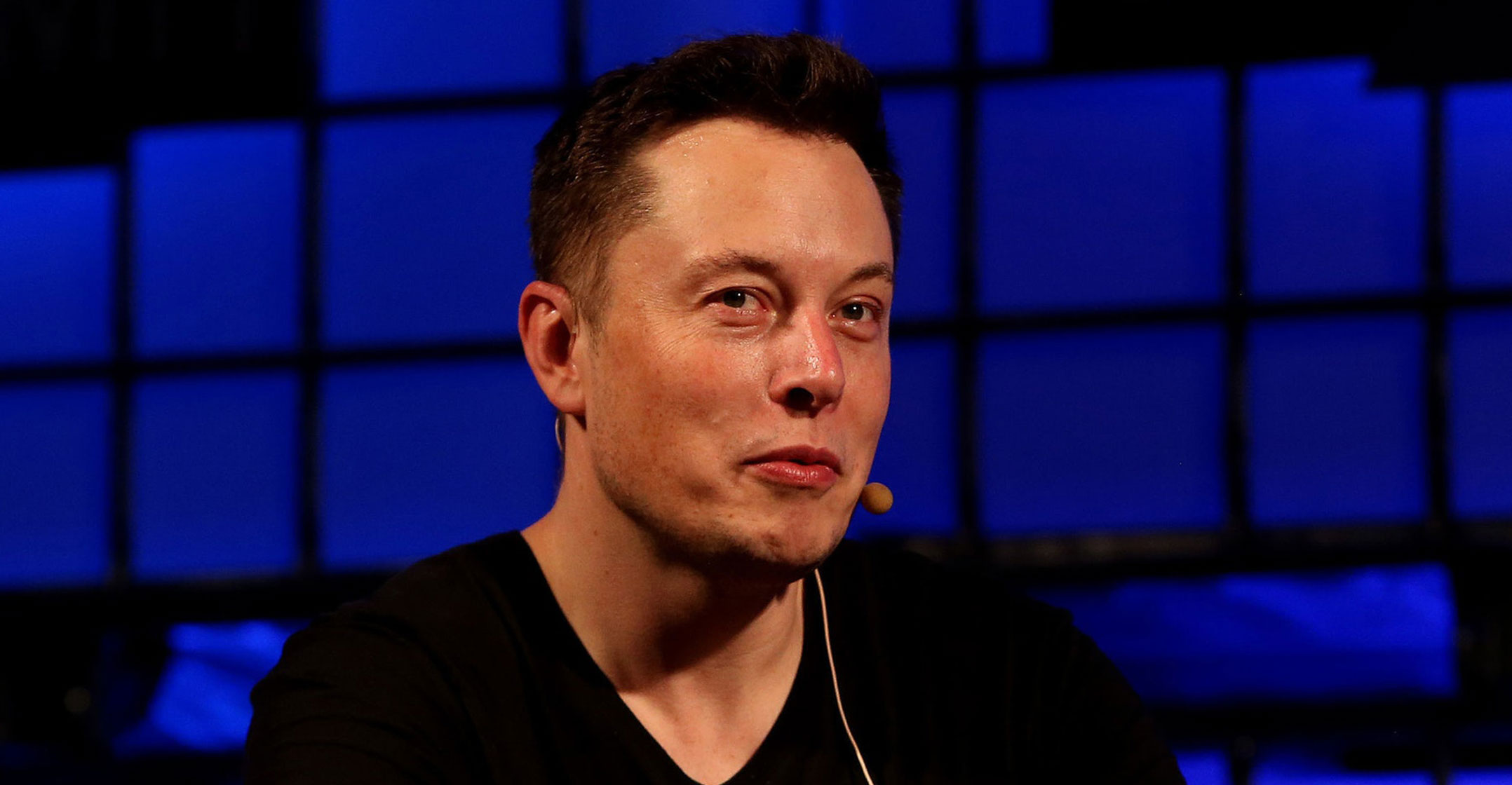
SpaceX satellites designed to beam Internet coverage from space to underserved areas of the world have been revealed by Elon Musk ahead of their anticipated launch later this week.
The entrepreneur showed off 60 “flat-packed” satellites loaded on a Falcon 9 rocket, which could be sent into low orbit on Wednesday — but warned that its latest attempt could easily fail.
“Much will likely go wrong on first mission,” Musk wrote on Twitter, adding that it would take six more similar launches to reach “minor” broadband coverage and 12 for “moderate” service.
The planned launch is part of SpaceX’s multibillion-dollar Starlink project, which has been approved by the US communications agency, to send almost 12 000 satellites into space.
First 60 @SpaceX Starlink satellites loaded into Falcon fairing. Tight fit. pic.twitter.com/gZq8gHg9uK
— Elon Musk (@elonmusk) May 12, 2019
A previous demonstration of prototypes called Tintin A and B was carried out in February 2018 with coverage good enough to play fast-response videogames, according to Musk.
The latest satellites have a production design unlike the earlier models, though Gwynne Shotwell, SpaceX’s president and chief operating officer, reportedly told attendees at the recent Satellite 2019 conference that these will still be scaled down without inter-satellite links and will not start launching satellites for actual service until later this year.
Depending on how the launch goes, Shotwell said SpaceX could send between two and six more batches of satellites this year for the Starlink broadband constellation.




